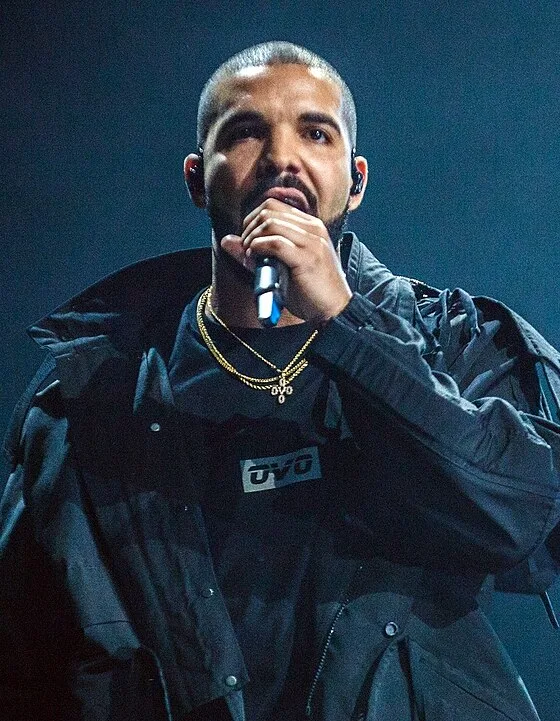It’s 2025, and the fallout from rap’s most viral beef isn’t cooling down—it’s heating up in courtrooms. Drake’s defamation lawsuit against Universal Music Group (UMG) over Kendrick Lamar’s Grammy-winning hit “Not Like Us” has now reached a level of public spectacle as surreal as the original diss track.
Drake, claiming the track’s lyrics falsely portray him as a “certified pedophile,” has doubled down with an amended 107-page complaint. At the heart of it? His argument that the NFL’s decision to censor Lamar’s Super Bowl halftime performance somehow proves defamation. UMG’s response? Scathing and unrelenting.
Calling the new claims “astonishing,” UMG dismisses Drake’s legal strategy as a misguided attempt to punish success. “This is not about lyrics,” their filing says, “it’s about Drake’s ego losing a rap battle he provoked.” UMG’s legal team also blasts the lawsuit as an attack on artistic freedom, pointing out Drake’s own lyrical history of provocative jabs.
Drake has tried to argue that the backlash from “Not Like Us” led to real-world harm, citing even a shooting near his Toronto home. But UMG insists the case rests on shaky ground, including cherry-picked anonymous social media posts and retracted bot-use allegations.
This isn’t just about one diss track—it’s a battle over free speech in hip-hop, industry loyalty, and Drake’s legacy. Ironically, while Drake fights his label in court, UMG continues to call their relationship “a shining example” of successful artist-label partnership.
With the lawsuit still active and discovery ongoing, one thing’s clear: in 2025, rap beefs don’t just chart—they litigate.


